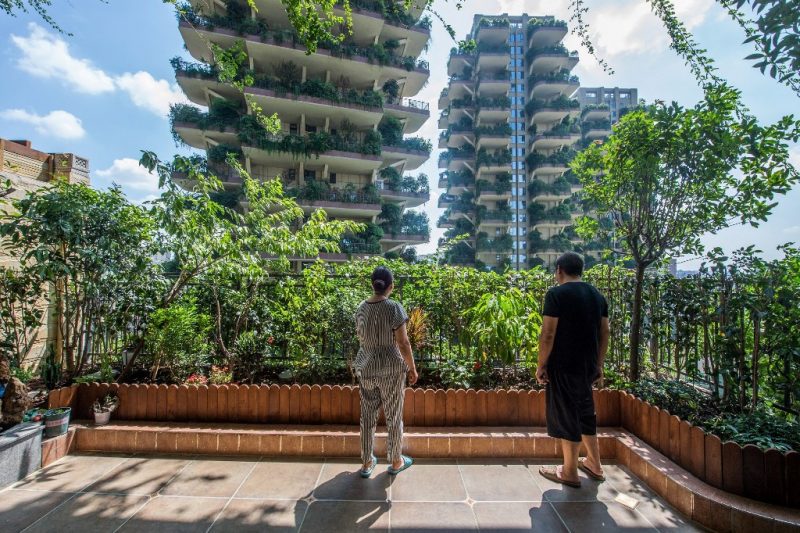Limit on land auctions will force developers into joint ventures, analysts predict; but first sales last week also saw higher prices
(AF) China’s new policy that limits land auctions in 22 cities to just three days in a year will spur consolidation in the country’s property sector, says Moody’s Investors Service in a new report on Tuesday June 29.
“Larger and financially stronger rated developers have more capital and liquidity than their smaller peers to purchase land in the most desirable locations. This differentiation will accelerate the industry consolidation that is already underway,” Cedric Lai, a Moody’s vice-president and senior analyst, said.
Chinese media reported in February that the Ministry of Natural Resources was mulling a limit on land auctions in 22 key cities to just three days in a year rather than on more days throughout the year in a bid to curb property bubbles.
The 22 key cities includes the four first-tier cities – Beijing, Shanghai, Guangzhou and Shenzhen – and 18 second-tier cities such as Nanjing, Hangzhou, Qingdao and Jinan, the reports said.
The reports were later confirmed as local governments in Qingdao and Jinan announced centralized land supply policies on their websites. The policy aims to help “guide rational market competition” and to “safeguard the stable and healthy development of the property market”, the natural resource planning bureau of Qingdao municipal government said.
First auctions held last week
The first round of land auctions in 22 cities that lasts for almost three months was completed last week, with 867 blocks totalling 4,958 hectares sold at an aggregated premium of 14.7%, according to Beijing Business Today.
The new land policy will push China’s developers to increasingly resort to joint ventures (JVs) to split upfront cash payments for land, reduce their initial cash outlays and limit business risks, Moody’s predicted.
“JVs, however, will weaken rated developers’ financial transparency and create risks such as hidden contractual obligations and constraints on developers’ ability to control project cash flow,” the credit ratings and research firm said.
Many property developers, such as Binjiang Real Estate, Jinke Property Group and Excellence Group have chosen the JV model for over 60% of projects in their first-round bids this year.
Some others, such as Cifi Group and Xiamen C&D Corporation Ltd, have chosen to bid on their own.
Despite governments’ intention to stabilize land prices, the average land prices and land premium remained high during the first round of auctions that occurred in 10 first- and second- tier cities from March through May.
Strong demand causing higher prices
The aggregated average price was 17% above the initial bidding price, up from a 13% premium in those same cities during the whole of 2020.
“The higher prices reflect developers’ demand for land, underpinned by their expectation of strong housing demand,” Moody’s said.
The agency expects that the high land costs will cut developers’ weighted average gross profit margin slightly over the next 12 to 18 months from a low level in 2020.
According to the research by China’s Industrial Securities, the average gross profit margin of China’s listed property firms declined by 4.6 percentage points last year to 26.9%, and declined even more in Q1 – by 4.3 percentage points to 22.6%.
Moody’s said ongoing property price controls by local governments in many high-tier cities will curb margins even more.
After China’s property sales hit a record high last year despite Covid-19, the frenzy continued to expand this year with a 16.7% two-year average growth figure in the first five months.
Analysts said the rise in property sales occurred most in desirable locations in the first and second tier cities, and was driven by hedging activities under the pressure of inflation. But they think it is unlikely the country will see another record high in property sales this year given governments’ crackdown on housing speculation and the rising interest rates.
Meanwhile, China’s property index has plummeted to a level near 10-year low as Beijing’s deleveraging reform and rising land costs put pressure on the property firms’ growth and profits.
As of Sunday June 27, Wind’s property index has declined 7% this year, making property the sixth worst-performing sector of China’s 28 top-level industry sectors. For comparison, SSE Composite Index rose 3.87% over the same period.
ALSO SEE:
China’s property stocks plummet to 10-year low despite home sales frenzy
























